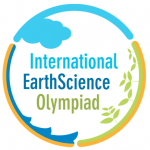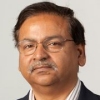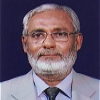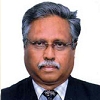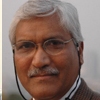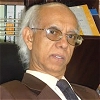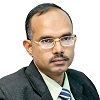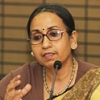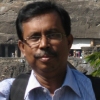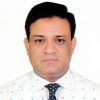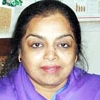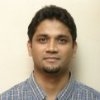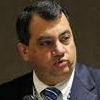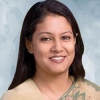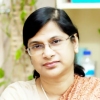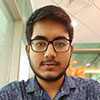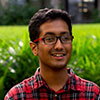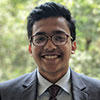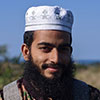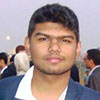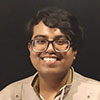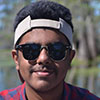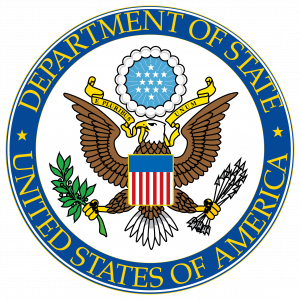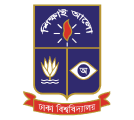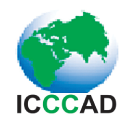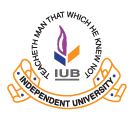Saving the Bengal Delta: Restoring Our Water Commons
Bangladesh is the largest delta in the world, it is criss-crossed by numerous lakes, rivers, oxbow lakes and small streams of canals opening out to the Bay of Bengal. The Bengal civilization has flourished by harnessing the rich biodiversity and the natural abundance that is nourished by the intersection of sweet and salt water sources across Bangladesh. For many millennia our ancestors have preserved this natural flora and fauna of our deltaic ecosystem to generate affluent life and livelihoods. The future of the Bengal delta is dependent on the natural ecosystem balance of its water commons.
What is the current status of our water commons? Bangladesh had 1274 actively flowing rivers in 1971 but today out of the 700 surviving rivers, most of the rivers are dying. According to Government records there are 57 rivers that have officially recognized boundaries. Even these 57 rivers have faced an onslaught of human interventions. Our water commons are threatened, by increasing encroachment and pollution from unplanned urbanization, industrialization, unplanned construction of roads and embankments, excessive use of agrochemicals in the agriculture lands and unabated disposal of plastic wastes, The future of Bengal delta along with the life and livelihoods dependent on the deltaic ecosystem is under tremendous threat. How can we rescue our Water Commons? How do we save our Bengal Delta?
If you love to exercise your knowledge and intellect about protecting our Water Commons, the National Earth Olympiad (NEO) 2023 is coming back for you? This is your chance to challenge your knowledge about our Water Commons and be a part of the 1000+ network of NEO Alumnis. There is also an opportunity to join the International Earth Science Olympiad (IESO) 2023 to represent Bangladesh internationally.


